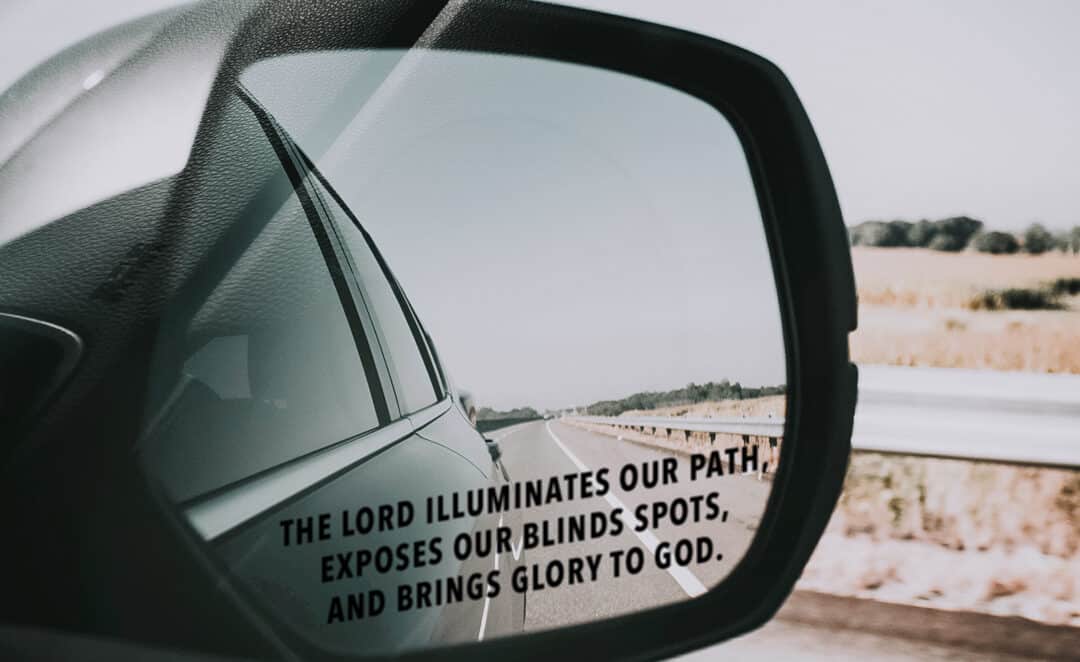
I don’t often watch the news, but when I do, I ask the Lord to reveal Himself to me so I don’t get trapped in the downward spiral the headlines often invite us to.
*DISCLAIMER: The news story may be triggering and includes children who were hurt*
A couple weeks ago, I saw a segment on how cars were getting taller, and therefore, increasing the number of accidents with children. The reporter shared a tragic story of a mother who accidentally ran over her three-year-old son because she didn’t see him in front of her car. They then showed a facility that was studying the blind spots of these taller cars. They placed a number of children seated in a line to understand at what point does the driver stop seeing what’s in front of them. Child number six could be seen, but there would have been five casualties behind him.
As a mother, it was unnerving to say the least. Hurting someone — especially our child — is one of our many worst nightmares. Truth is, no one purchases a car with the intention of hurting anyone, yet every decision we make has some sort of impact, and they’re not always physical.
This particular news story had me reflecting on our motives and their impact — intentional and unintentional. Getting up on our “high car” (vs. the cliché “high horse” to keep the news story relevant), represents our decisions, our interactions, our feelings, our ideas. Our motive determines the height of our car. The more we elevate ourselves and our ways, the higher we go. The higher we go, the bigger the blind spots.
So how do we keep from growing those blind spots?
“We are therefore Christ’s ambassadors, as though God were making his appeal through us. We implore you on Christ’s behalf: Be reconciled to God. God made him who had no sin to be sin for us, so that in him we might become the righteousness of God.” 2 Corinthians 5:20-21
I love how God could have used any one of His wonderful traits to transform us to, but instead He chose righteousness.
Righteousness according to Oxford Dictionary is the quality of being morally right or justifiable.
As His image-bearers, we get to reflect His righteousness. But as human beings, we often skip over the “of God” portion of that verse, and then it becomes more about our self-righteousness. We’d rather be right or go down trying to prove ourselves right. We become so comfortable in our views, our plans, our dreams, our ways, and think our mirrors and backup camera got us covered. Reflect on the last two years for real-life examples.
He who had no sin — the only begotten Son of God, the lion and the lamb, the Alpha and the Omega — He is the only righteous One. He is the definition of righteousness. The verse does not say that in Him we might become righteous or become righteous of ourselves. It says, “We might become the righteousness of Christ.”
When our ways reflect His righteousness, then in the words of Johnny Nash, “I can see clearly now.” The Lord illuminates our path, exposes our blinds spots, and brings glory to God. A motive that glorifies Christ is exactly what we need to “knock us off our high [car].” And that’s a good thing.




Leave a Reply
You must be logged in to post a comment.